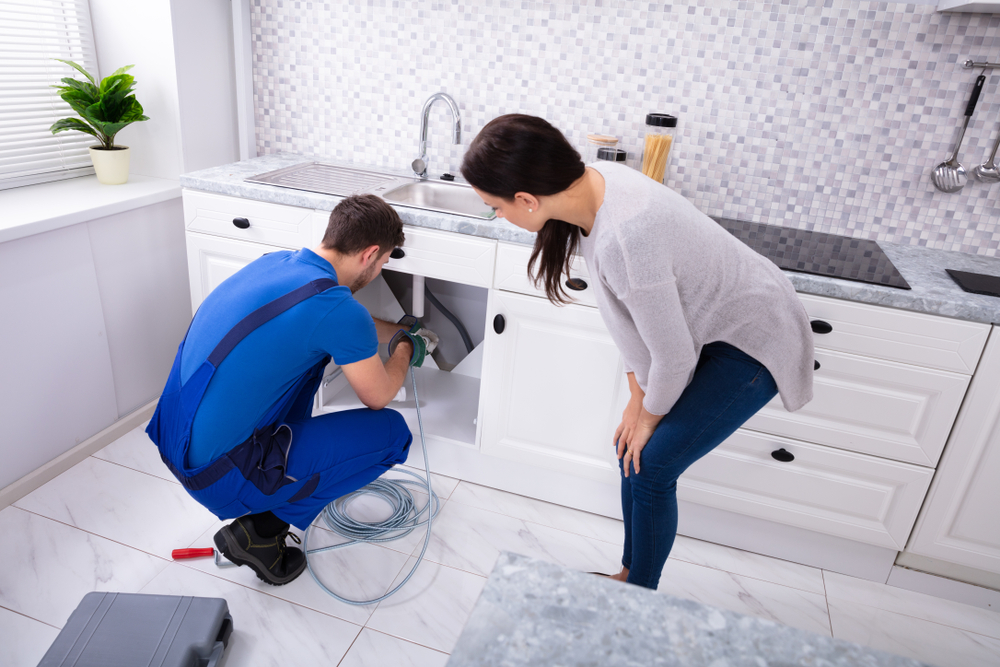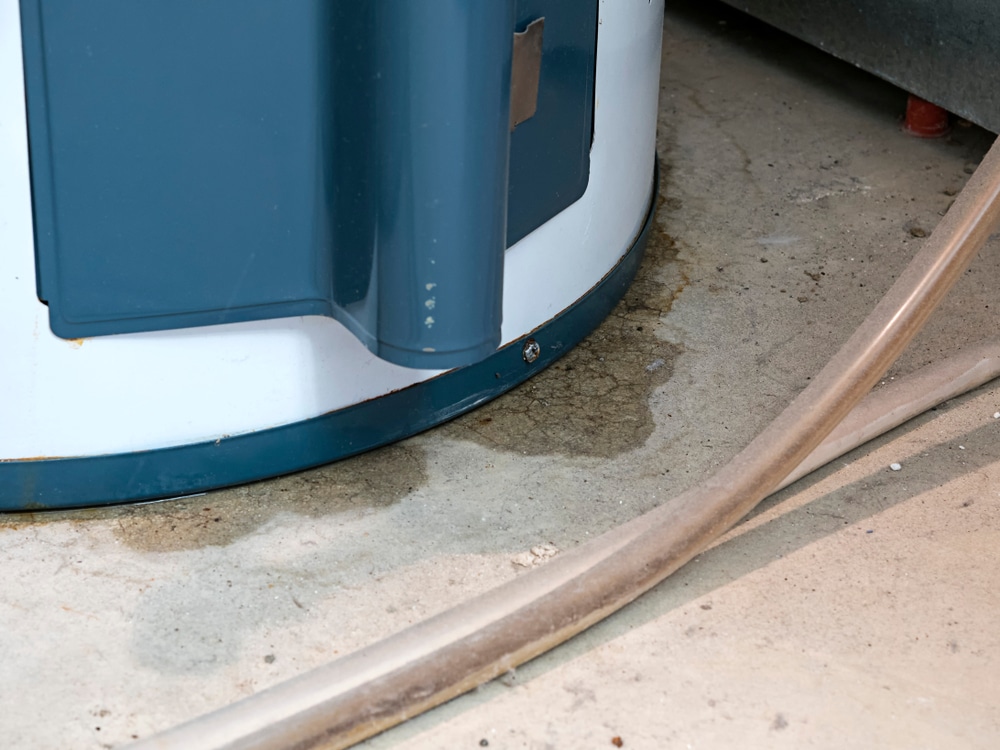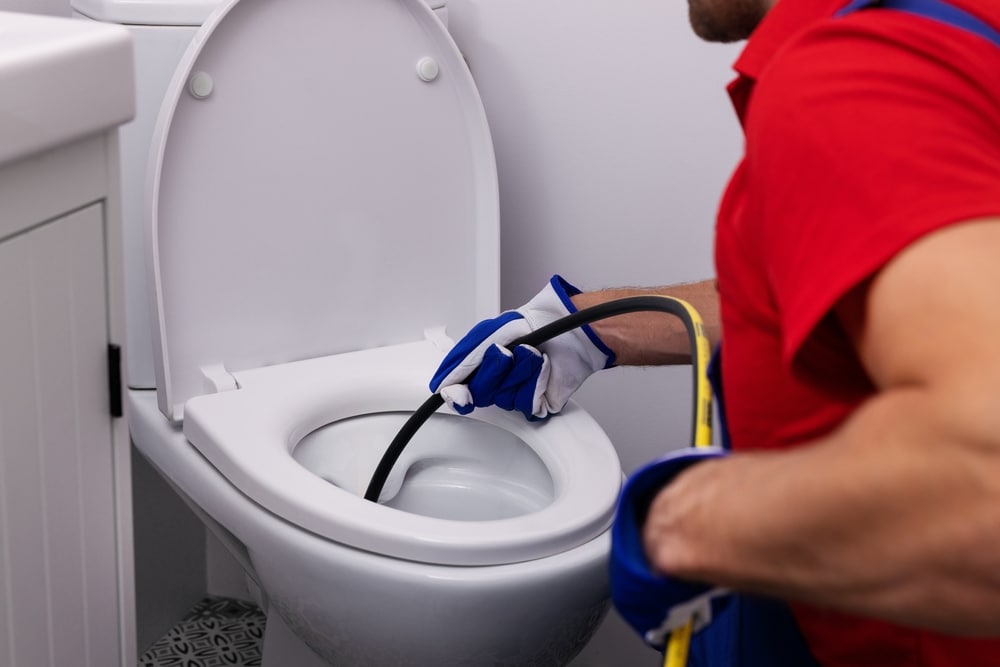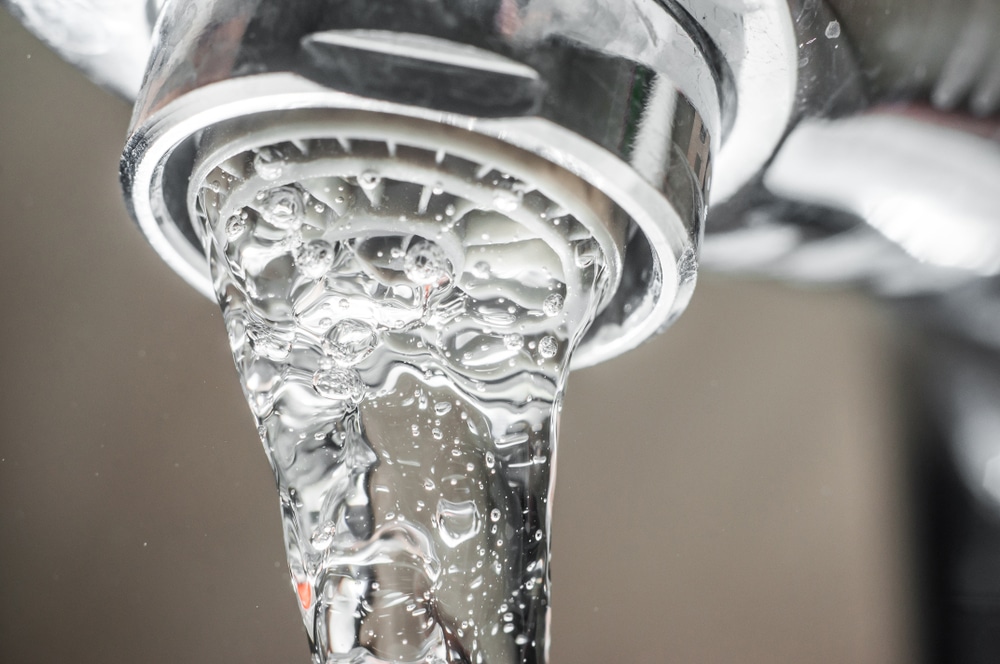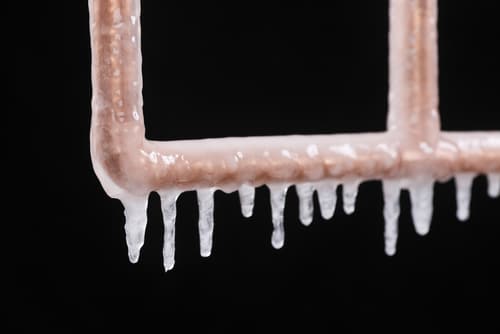A well-functioning water heater is essential for daily tasks such as taking showers, washing dishes, and doing laundry. However, like any home appliance, water heaters require regular maintenance to operate efficiently and prevent potential problems. By staying informed and proactive in maintaining your water heater, you can ensure it runs smoothly, lasts longer, and saves you money on energy bills.
Water heaters come in various types and sizes, including traditional tank-based systems, tankless models, and heat pump water heaters. While different types of water heaters have specific maintenance requirements, general guidelines and best practices apply to all systems. Regular maintenance can help extend the life of your water heater, improve its efficiency, and avoid costly breakdowns.
In this article, we will provide a comprehensive guide to water heater maintenance and troubleshooting, outlining the steps homeowners can take to preserve their unit’s efficiency and address common issues.
Routine Water Heater Maintenance
One of the keys to optimizing your water heater’s performance and longevity is routine maintenance. By following these best practices, you can ensure that your unit remains in optimal condition:
1. Regularly Inspect Your Unit
At least once a quarter, visually inspect your water heater for any signs of leaks, rust, or other damage. Early detection of potential issues can help prevent severe problems down the line.
2. Test the Temperature-Pressure Relief Valve
The temperature-pressure relief valve (TPR valve) is a safety device that releases excess pressure if the water temperature or pressure becomes too high. To test the valve, lift the lever and let it snap back into place. You should hear a gurgling sound as water is released through the drain pipe. If not, the valve may need replacement.
3. Drain and Flush the Tank
Over time, sediment can accumulate at the bottom of your water heater tank, reducing efficiency and causing potential issues. To prevent this, drain and flush the tank at least once a year. To do this, turn off the power and water supply to the unit, attach a hose to the drain valve, and let the water drain until it runs clear.
4. Check the Anode Rod
The anode rod is a vital component that protects your water heater tank from corrosion. Inspect the rod annually and replace it if more than six inches of the core steel wire is exposed or if the rod is less than half an inch thick.
Troubleshooting Common Water Heater Issues
Despite regular maintenance, you may still need help with your water heater. By understanding the causes of common water heater problems, you can troubleshoot and potentially resolve them without calling a professional:
1. Insufficient Hot Water
If your unit is producing less hot water than expected, several factors could be to blame:
– The thermostat setting may be too low; try adjusting it to 120°F.
– Sediment buildup in the tank could be reducing efficiency; flush the tank to remove deposits.
– The unit may be undersized for your household’s needs; consider upgrading to a larger or more efficient model.
2. Discolored or Odorous Water
Older units with a deteriorating anode rod can cause discolored or foul-smelling water. Replacing the anode rod may solve this issue. Alternatively, bacteria buildup in the tank can also create odors, especially in areas with hard water. Flushing the tank with a hydrogen peroxide solution can help eliminate bacteria.
3. Strange Noises from the Unit
Unusual sounds coming from your water heater could be due to several factors:
– Sediment buildup in the tank can cause knocking or rumbling noises; flush the tank to resolve this issue.
– Popping or crackling sounds may indicate lime scale buildup on heating elements; descaling the elements can help.
– A damaged or loose component, like the TPR valve or heating element, could also create noise; inspect and replace or tighten components as needed.
When to Call a Professional
While troubleshooting can often help you identify and resolve simple issues, some water heater problems may require professional assistance. Do not hesitate to contact a trained technician if you encounter the following issues:
– Persistent or severe leaks
– Inoperative TPR valve or pressure-related problems
– Gas leaks or issues with the gas control valve (if using a gas water heater)
– Complete loss of hot water
– Electrical issues, such as damaged wiring or a tripped circuit breaker
Final Thoughts
By understanding and implementing routine water heater maintenance and troubleshooting tips, homeowners can save money on energy costs and potential repair expenses, ensuring their unit remains in optimal condition. However, when problems arise that require professional assistance, it’s important to recognize the signs and call in a trained technician.
Whether you need help with water heater maintenance, troubleshooting, or installation, Jade’s Heating & Plumbing is here to assist. Contact us today for expert guidance and quality water heater repair in Jackson to ensure your water heater’s longevity and efficiency!


